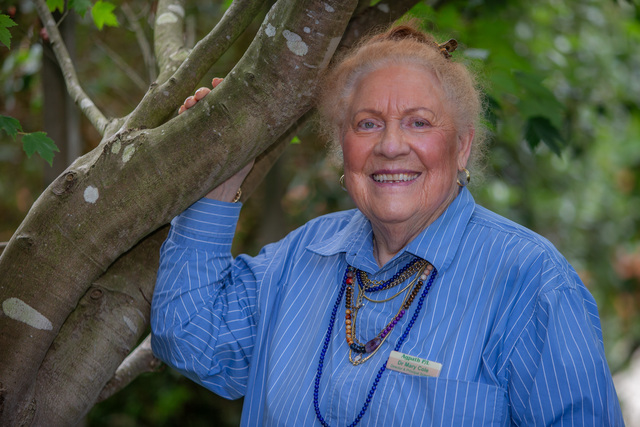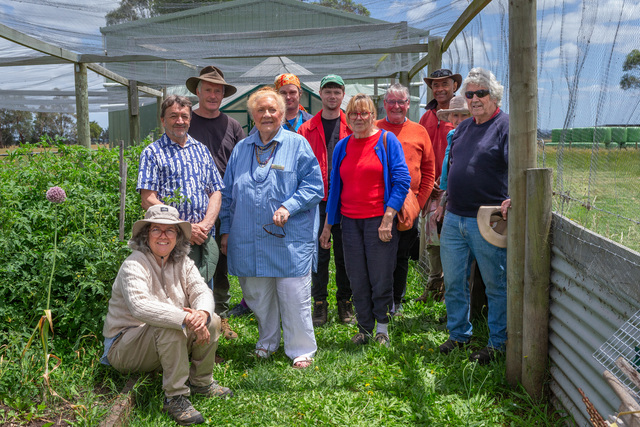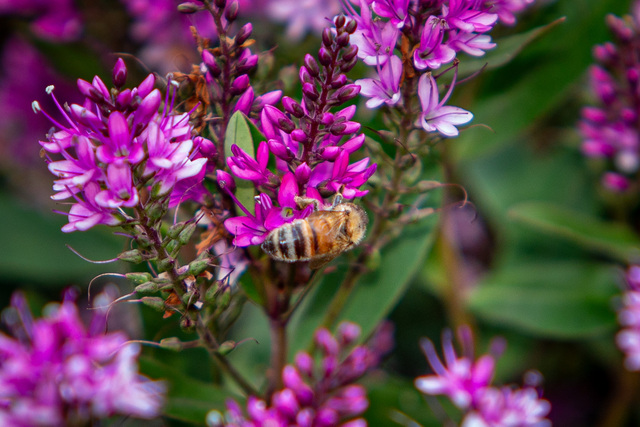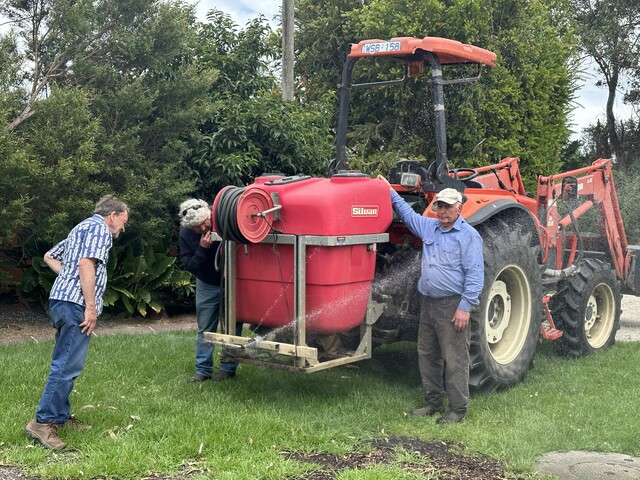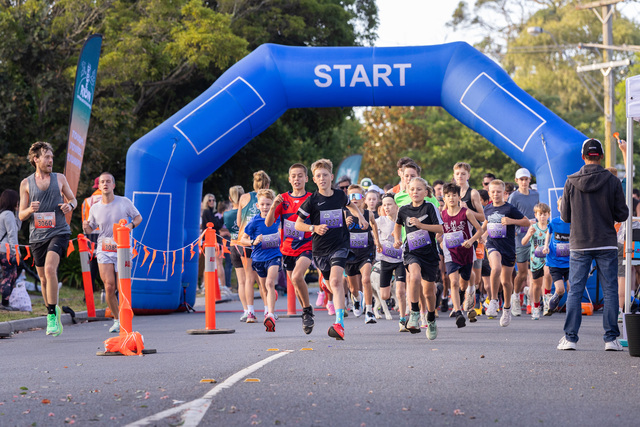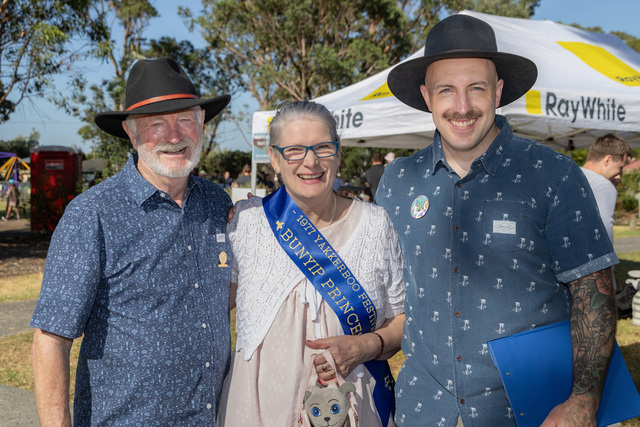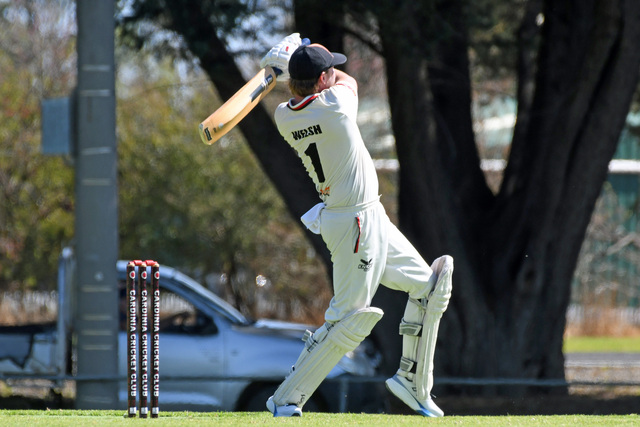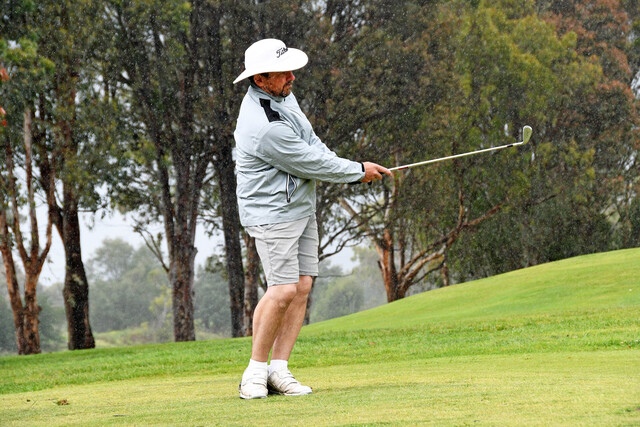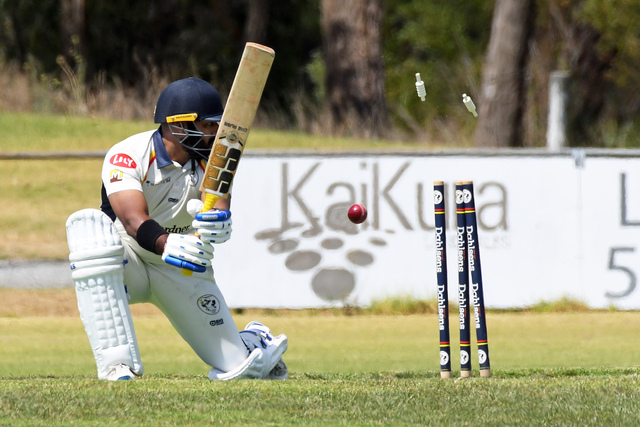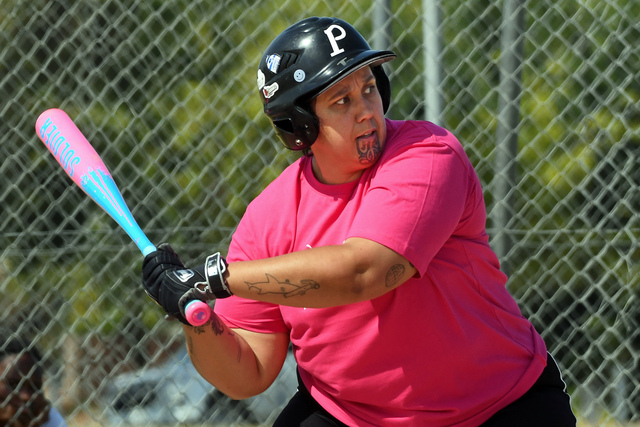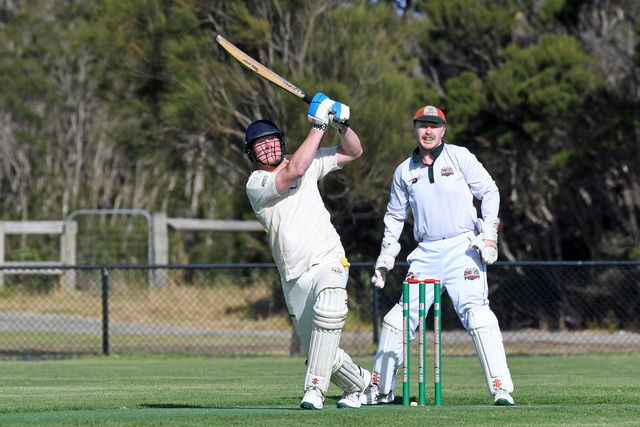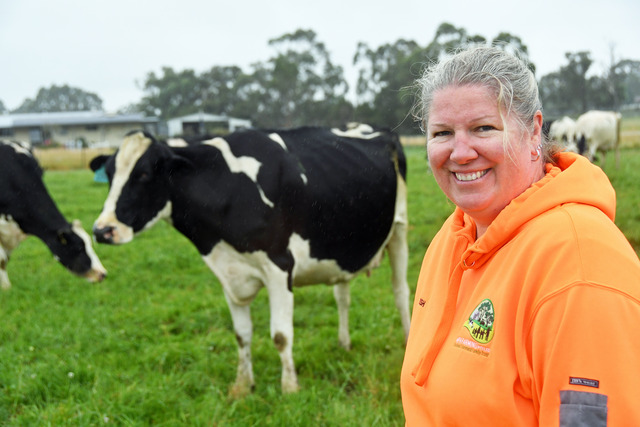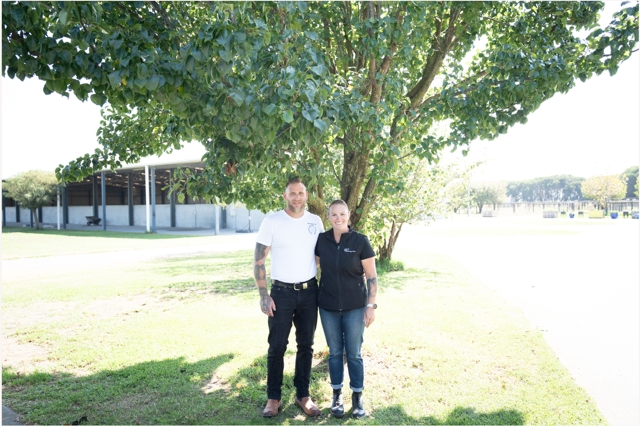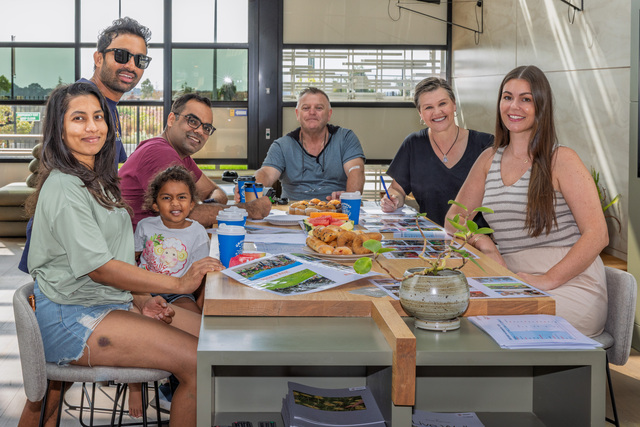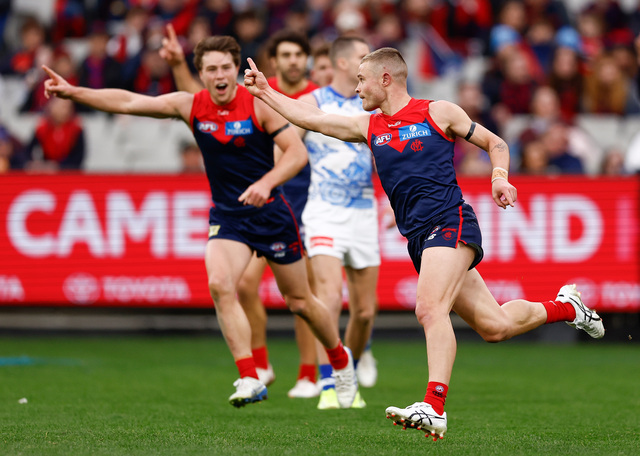PRECEDE: Dr Mary Cole’s legacy extends far beyond her groundbreaking work in biological farming. What sets her apart is her humility to pass the baton to local farmers and younger generations, reports Gazette journalist Afraa Kori.
BREAKOUT QUOTE: “I can’t give them my 45 years of experience but I can set them on the road to understanding how they can start. These people are my legacy for the future so I love having days like this because you can see everybody is engaged and interested and they all want to be here. So this is my legacy to the world.”
Yarra Valley’s permaculture group attended their first educational site visit, hosted by Dr Mary Cole and Agpath on December 8.
The event attracted attendees from Yarra Valley region, including Steels Creek, Healesville, Warburton, Three Bridges Hoddles Creek and Scoresby.
It provided a unique opportunity for a farm tour, knowledge sharing and participating in hands-on learning about her biological farming with the view of improving soil health.
Like many attendees, President of Permaculture in Yarra Valley, Robert Marston was blown away by the practicality and effectiveness of biological farming.
“Mary is inspirational and it’s really important to spread her knowledge in terms of caring for land. One thing I noted is that you can’t grow things in dirt but soil is alive,” he said.
“Mary talks about 50 years of no synthetic chemicals used in the property and that’s really unusual anywhere. So the reason I came here is to see what 50 years of no chemical use and what you can do at the property. I obviously saw evidence that can be done with patience and hard work. You can provide a productive and beautiful place for not just you to live but to have family and visitors.”
While chemical free methods are overlooked, permaculture members were open and willing to adopt biological farming.
“Farmers respond to education so any piece of information they can see that they can apply that is going to do things for them better then you will find them very receptive,” Dr Mary said.
“The most rewarding thing is knowing that all of my knowledge is not going to die with me. It is going to go on in another form with all of these people and like minded people.”
“I can’t give them my 45 years of experience but I can set them on the road to understanding how they can start. These people are my legacy for the future so I love having days like this because you can see everybody is engaged and interested and they all want to be here. So this is my legacy to the world.”
Agpath biological farming aligns with the permaculture goal of promoting a chemical free approach to sustainable agriculture.
“Permaculture focuses on what happens above the grass. With my biological farming, I’m trying to get people to understand that if you get the soil right then you can grow anything because the soil will take care of everything we got above the ground,” Dr Mary said.
“Both are all leading us in the right direction in terms of how we can grow plants we can use to eat without using synthetic chemistry which is poisonous.”
Permaculture is a sustainable design system that aims to create a harmonious relationship between people, plants, animals, and soil.
Permaculture is based on the idea of whole systems thinking, and uses patterns and features found in natural ecosystems.
Permaculture aims to create self-sustaining ecosystems, minimise waste, prevent pollution, enhance sustainability, resiliency, and biodiversity and work alongside nature rather than against it.
Permaculture practices include vermicomposting, using earthworms to break down waste and create worm castings that can fertilise the garden.
They believe in letting nature do the work, using the natural attributes of plants to eliminate the need for fertilizer or building structures for permanent culture.
Dr Mary’s vision has never wavered, she will continue to introduce farmers and younger generations to biological farming and welcome them on her site.
“My hopes for the future is that the young generation coming through the schools now are learning much more about composting and how important the world is for them.”
“In 45 years, I’ve seen the difference in attitude, I’ve seen farmers trying to do the right thing, I’ve seen generations coming through understanding more how important looking after the soil is. So I have great faith in the future but it’s not going to come from the politicians or the top. It’s going to come from the children and farmers. If you have a community drive then you’re more likely to succeed because governments come and go, it’s the community and the children in schools today that are going to be the politicians of the future. So we have to train them in the right way and help them understand that they have to look after the country properly.”
“The politicians we have today are always displaced but the children are going to be the politicians, it’s their world. We have to do what we can to make it so that their world is going to make a difference too and it’s not too late. If we all think and act locally as a community then all of those communities join up and make a globe. We have dealt with the global problem but we’ve done it as a community.”


